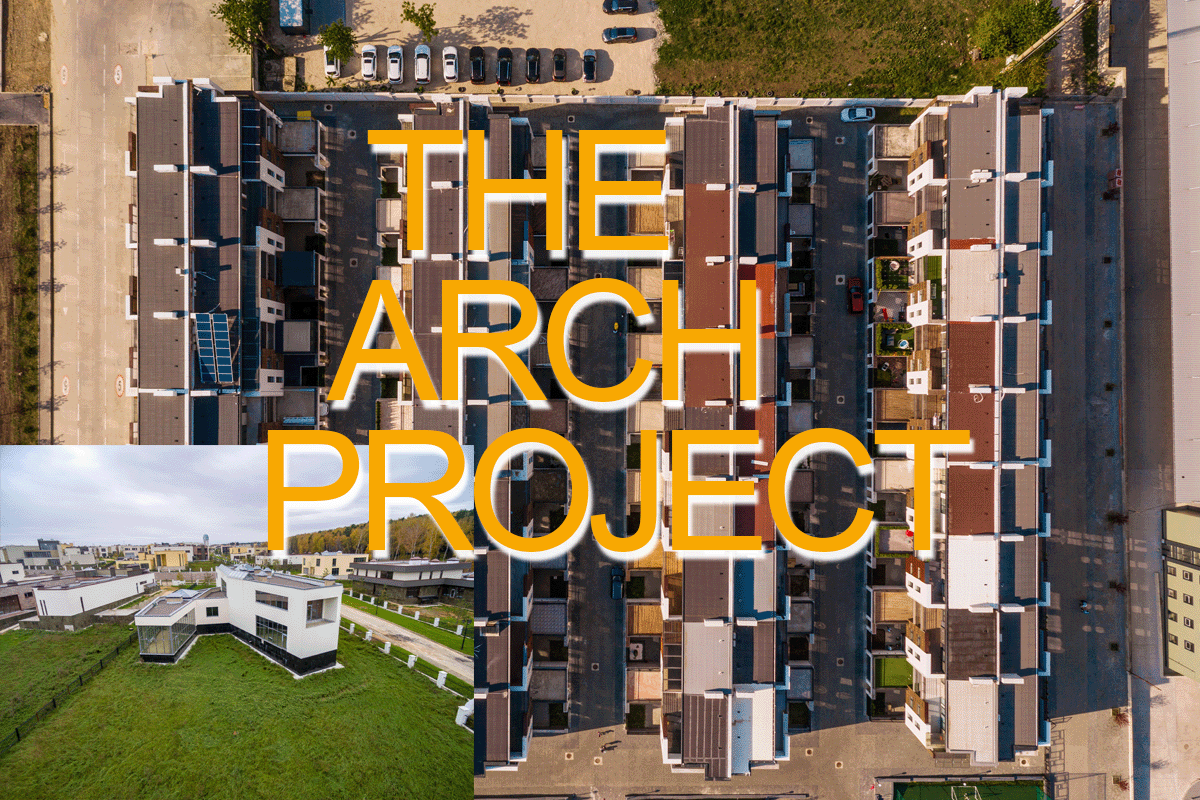Ghana, like many nations, grapples with the issue of affordable housing for its citizens. Rent control is a crucial institution aimed at providing tenant protection and ensuring that housing remains affordable for the masses. However, the implementation of rent control laws in Ghana often falls short, leaving tenants vulnerable to exploitation by landlords. One pressing issue is the prevalence of landlords demanding rent advances exceeding the limits set by the Rent Act, thereby exacerbating the already challenging housing situation for tenants.
Are There Rent Control Laws in Ghana?
The Rent Control Act, 1963 (Act 220) of Ghana established the framework for regulating the relationship between landlords and tenants. Its primary purpose is to prevent arbitrary increases in rent and to ensure that housing remains accessible to the majority of the population. Unfortunately, the Act’s noble intentions often face significant challenges in practice.
Overview Of The Rent Control Act, 1963 (Act 220) of Ghana
The Rent Control Act, 1963 (Act 220) of Ghana is a piece of legislation that was enacted to regulate the rental housing market and protect the interests of both landlords and tenants. Some of its key provisions include:
-
Rent Control Boards:
The Act establishes Rent Control Boards at various levels (e.g., district, regional) to oversee rent control matters. These boards have the authority to determine and fix fair rent levels for residential properties.
-
Rent Advances:
The Act stipulates that landlords cannot demand more than six months’ rent in advance from tenants. This provision is intended to prevent landlords from imposing excessive financial burdens on tenants.
-
Notice of Rent Increases:
Landlords are required to provide tenants with written notice of any proposed rent increases. This notice should be given at least one month before the proposed increase takes effect.
-
Security Deposits:
The Act allows landlords to collect a security deposit from tenants, which should be refunded to the tenant upon the termination of the tenancy if there are no outstanding issues or damages.
-
Evictions:
The Act outlines the procedures for eviction and provides protections for tenants against arbitrary eviction. It sets out the conditions under which a landlord can seek possession of the premises.
-
Dispute Resolution:
The Act establishes a framework for resolving disputes between landlords and tenants through Rent Control Boards and the Rent Magistrate Courts.
-
Penalties:
The Act also includes penalties for landlords who violate its provisions, such as demanding excessive rent advances or engaging in illegal eviction practices.
The Rent Advance Predicament
One of the most pressing issues faced by tenants in Ghana is the exorbitant rent advances demanded by landlords. The Rent Act stipulates that a landlord should not demand more than six months’ rent in advance. However, many landlords blatantly flout this provision by demanding rent advances of up to three years or more. This practice is particularly problematic for low-income earners who struggle to meet these steep demands upfront.
Negative Impacts on Tenants
-
Financial Burden:
Tenants are burdened with the responsibility of saving significant sums of money just to secure a place to live. This often leads to financial strain and sacrifices in other essential areas of life, such as healthcare, education, and savings for the future.
-
Limited Housing Options:
The exorbitant rent advances create a barrier to entry for many prospective tenants. This limits housing options, forcing individuals and families to settle for substandard housing or to live in overcrowded and unsanitary conditions.
-
Cycle of Debt:
Tenants who are unable to meet the exorbitant rent advance demands may resort to borrowing, often at high interest rates, to secure accommodation. This can lead to a cycle of debt that becomes increasingly difficult to escape.
-
Inequality and Exploitation:
The practice of demanding excessive rent advances exacerbates social and economic inequalities. It allows landlords to exploit their tenants, especially vulnerable low-income individuals and families.
The Failure of Rent Control Enforcement
The Rent Control Department of Ghana is tasked with enforcing the Rent Act and protecting tenants’ rights. However, the department often lacks the necessary resources, manpower, and political will to effectively carry out its mandate. This failure to enforce the law allows landlords to continue demanding exorbitant rent advances with impunity.
Recommendations
-
Strengthen Rent Control Enforcement:
The government of Ghana should allocate more resources to the Rent Control Department to enhance its capacity to monitor and enforce rent control laws. This includes conducting regular inspections and taking legal action against landlords who violate the Rent Act.
-
Public Awareness and Education:
Launching public awareness campaigns to inform tenants of their rights under the Rent Act can empower them to assert their rights and resist unfair rental terms.
-
Affordable Housing Initiatives:
The government should invest in affordable housing initiatives to increase the supply of reasonably priced rental units, reducing the demand for exorbitant rent advances.
-
Dialogue with Landlords:
Engaging with landlord associations to encourage responsible and fair rental practices can help mitigate the issue of excessive rent advances.
Final Thoughts
Rent control and tenant protections are vital for ensuring affordable housing in Ghana. However, the failure to enforce rent control laws and address the issue of exorbitant rent advances leaves many tenants at the mercy of landlords. To create a more equitable housing market, Ghana must take concrete steps to strengthen the enforcement of existing laws and explore innovative solutions to expand affordable housing options for its citizens. Only through such efforts can the nation hope to improve the living conditions of its people and promote economic stability and social justice.




